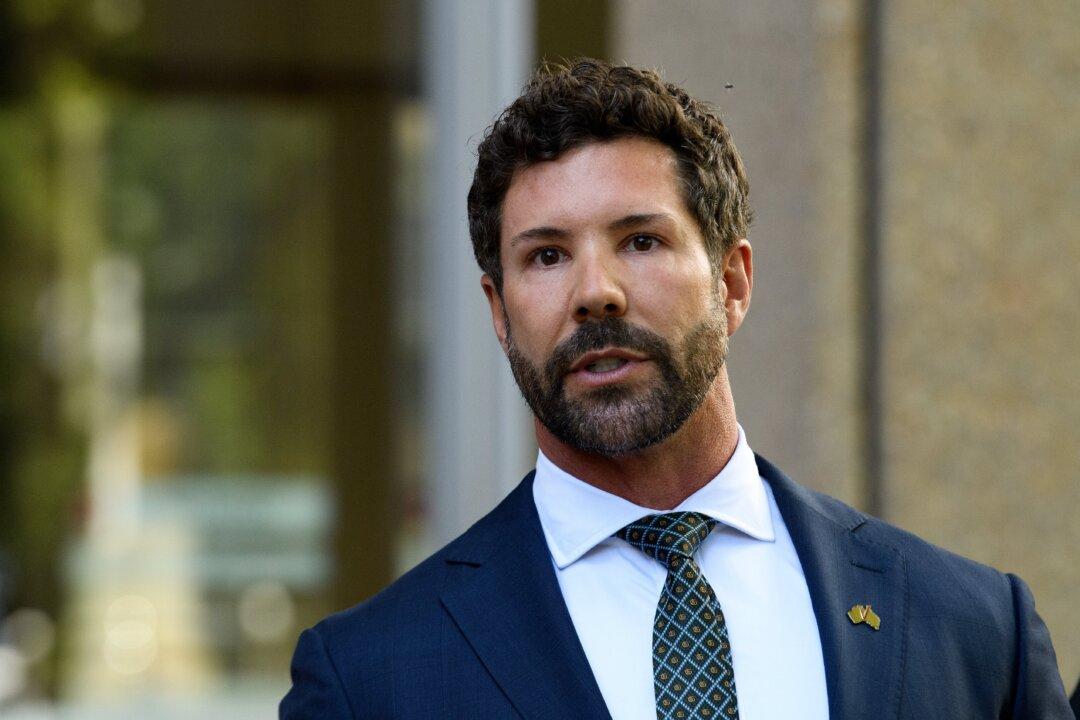Former special forces operative Heston Russell has won his case against the Australian Broadcasting Corporation (ABC) over reported allegations that he executed a prisoner during an operation in Afghanistan.
The public broadcaster has been ordered by the Federal Court of Australia to pay $390,000 (US$246,000) plus interest to Mr. Russell, but noted both parties were not free from criticism, and that the case fell Mr. Russell’s way because the ABC failed to establish the “public interest defence.”





